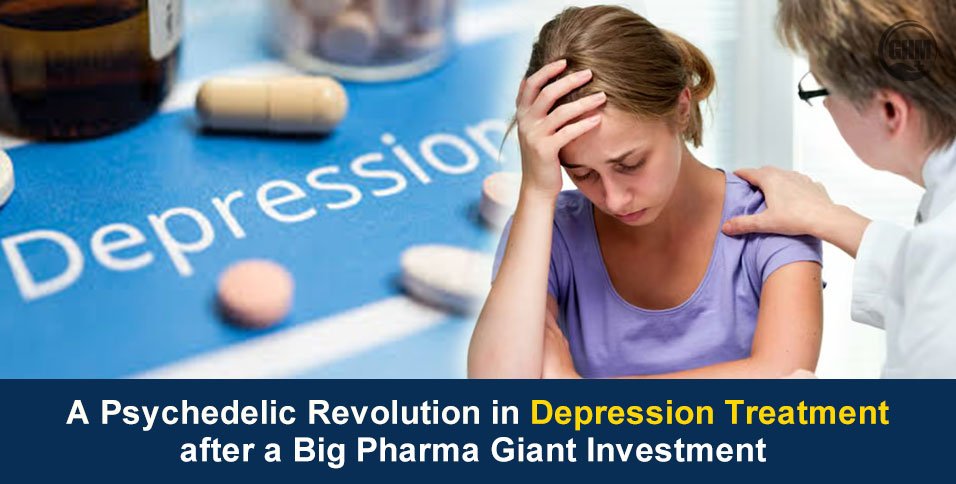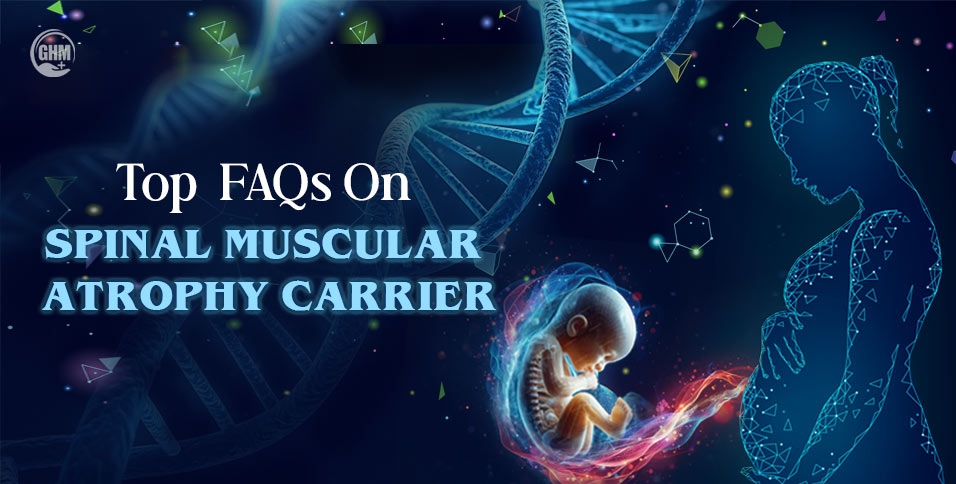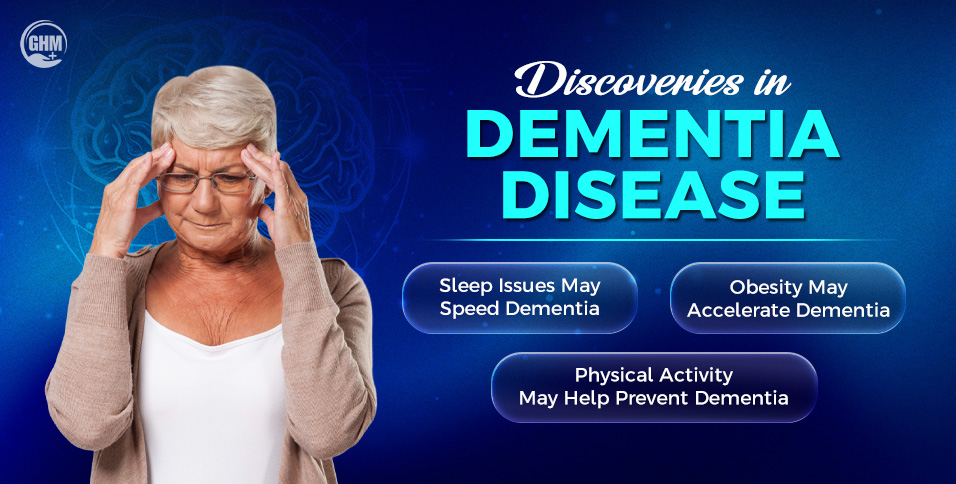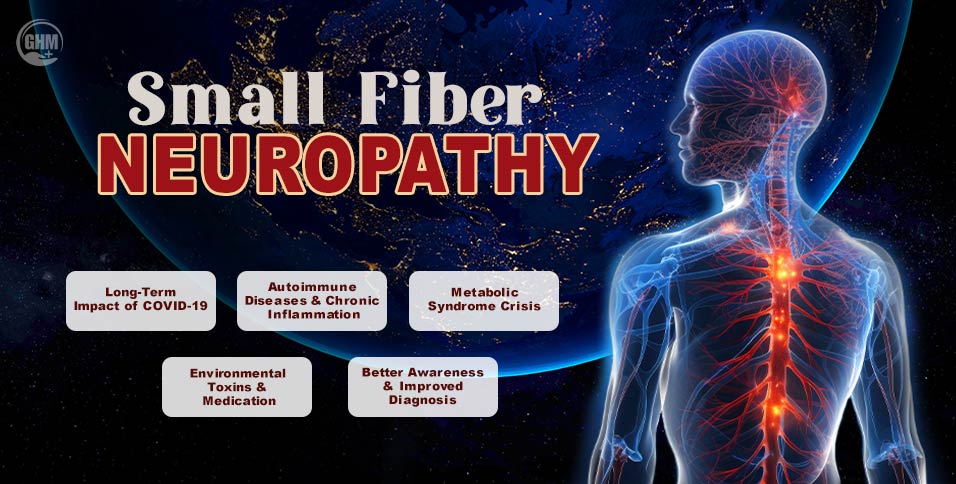In an agreement announced today, AbbVie will acquire Gilgamesh’s lead medical product, bretisilocin, currently in clinical development for the treatment of patients with moderate-to-severe major depressive disorder (MDD).
This isn’t just another business deal; it signals a major shift in the pharmaceutical industry and a big bet on a new class of depression treatment.
AbbVie, a global biopharmaceutical giant, is moving into the realm of psychedelic-inspired medicine, highlighting a growing potential for these compounds to revolutionize mental health care.
For millions of people living with moderate-to-severe MDD, traditional antidepressants often fall short. They can take weeks to show any effect, work for only a fraction of patients, and come with unwanted side effects. The need for a new and more effective depression treatment is urgent.
This is where Gilgamesh’s investigational drug, bretisilocin, comes in. It is a compound designed to provide a rapid and durable antidepressant effect with a key advantage. This addresses one of the biggest challenges for other psychedelic-based therapies, making it a more viable option for widespread clinical use.
Need for Psychedelic-Inspired Approach
The science behind this new approach is completely different from the recreational use of psychedelics, which creates abnormal psychic effects. Researchers believe that chronic stress and depression can cause the brain’s neural pathways to become rigid and less adaptable. This can make it difficult for people to break out of negative thought patterns.
Compounds like bretisilocin work differently from traditional antidepressants, which typically aim to balance neurotransmitters like serotonin. Instead, researchers thought to promote neuroplasticity. It is the brain’s ability to form new connections.
This opening up of the brain’s networks could allow for lasting therapeutic change, offering hope for patients who have not responded to conventional medication.
The aim is to provide a powerful, unique intervention that can create a window for new learning and positive change, particularly when combined with professional therapy.
AbbVie’s Strategic Move
AbbVie’s acquisition is a calculated move based on promising early data. Gilgamesh’s drug has already shown positive results in early-stage clinical trials. For a major company like AbbVie, this acquisition means they can hold their vast resources and expertise to accelerate the drug’s development.
- Funding and Resources: Providing the significant capital needed to conduct large-scale, international Phase 3 clinical trials.
- Regulatory Expertise: Overcoming the complex process of gaining approval from bodies like the U.S. Food and Drug Administration (FDA).
- Market Reach: Having the infrastructure to eventually commercialize and distribute the drug on a global scale, making it accessible to a wide patient population.
This investment shows AbbVie’s commitment to building a strong portfolio in neuroscience. It is a field with immense unmet needs. It validates the research of smaller biotech companies like Gilgamesh and signals to the wider medical community. It indicated that psychedelic medicine is no longer limited but is becoming a serious area of research and a potential future depression treatment.
A Long Walk For Patients
While the news is exciting, it’s essential for patients to manage their expectations. The path to market for a new drug is long and filled with careful testing.
The acquisition means the drug will now be moved into advanced clinical trials (Phase 3). This stage is designed to confirm the drug’s safety and effectiveness in a much larger group of people. This process can take several years.
A New Model of Care
If approved, this new depression treatment would likely not be a pill taken daily. Instead, it would be given in a controlled clinical setting under the supervision of a healthcare professional, possibly as part of a structured therapeutic program.
This is a very different approach from what most people are used to, emphasizing the importance of a new patient-centered model. The acquisition offers hope to millions who still struggle to find relief.













